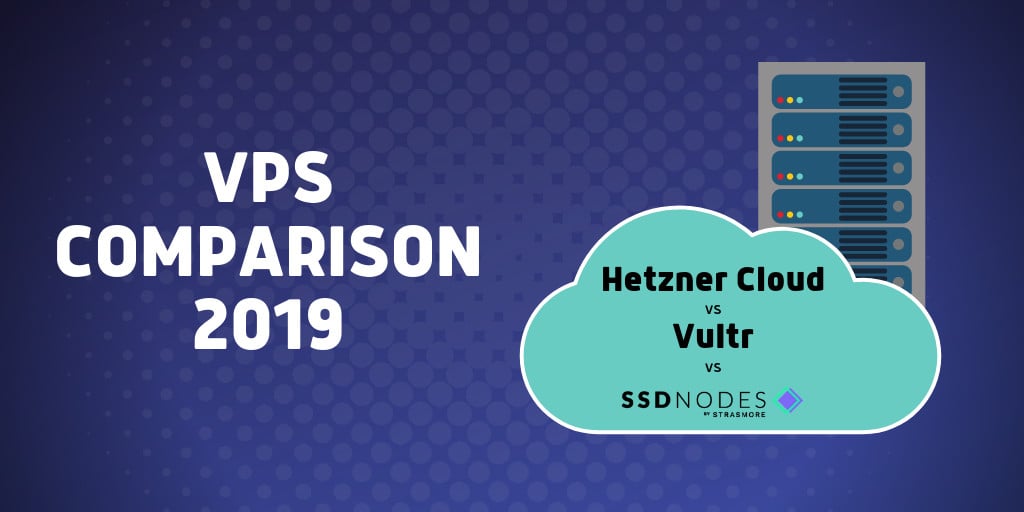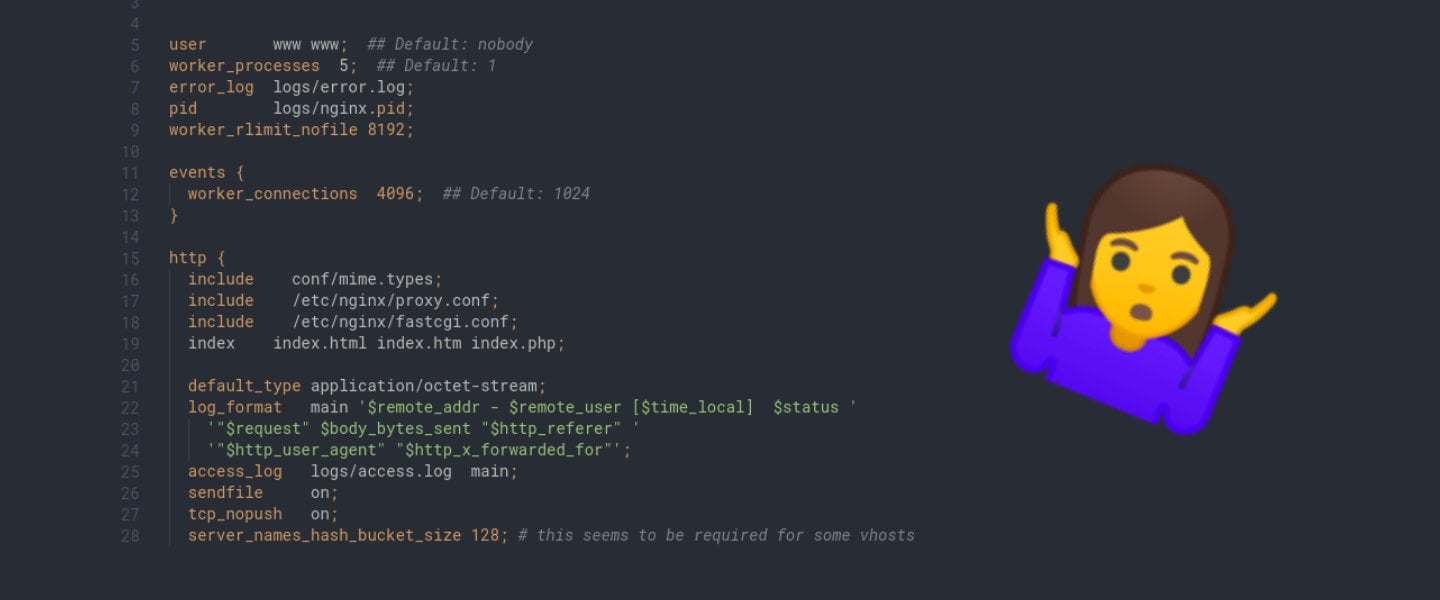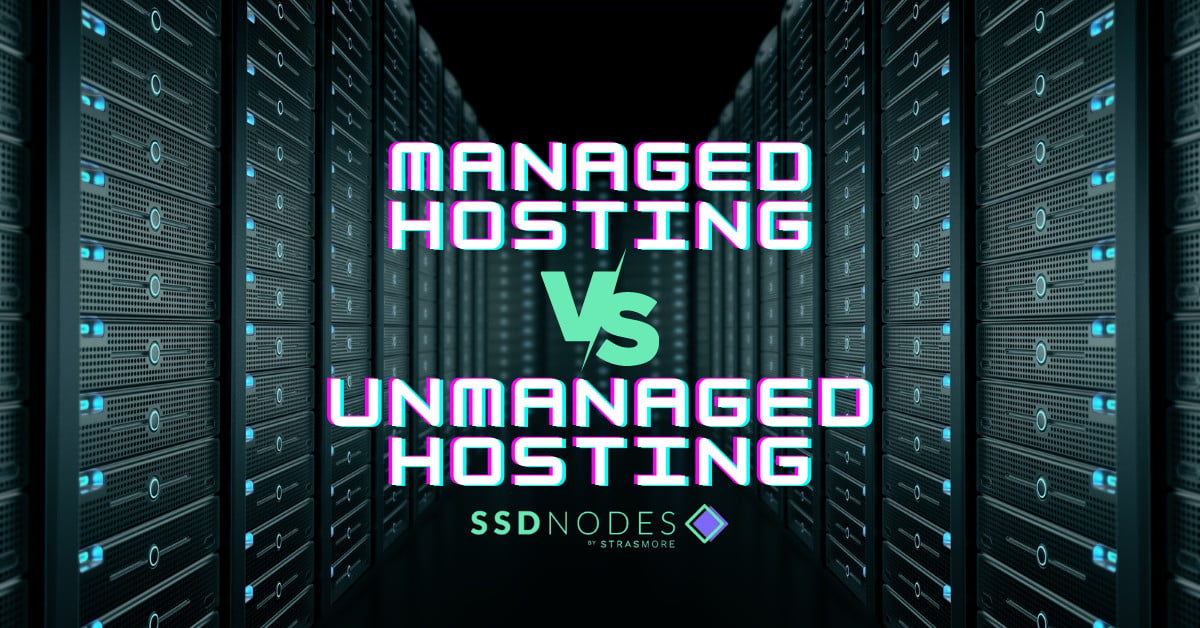Last year, Hetzner Cloud surprised the cloud hosting world by announcing that they would start selling virtual private servers (VPS) on top of their typical cloud/managed/dedicate server products.
While many praised Hetzner’s new pricing model, we wanted to take a look at how the Hetzner VPS prices stack up against the offerings from some existing players.
So, in this comparison post, we’ll take a look at Hetzner vs Vultr and SSDNodes, both of which have been offering high-performance SSD VPS plans for many years.
Hetzner vs Vultr vs SSD Nodes: Our Criteria
- Features
- Plans and pricing
- Yearly total cost of ownership
- Hardware/infrastructure
[cta_inline]
Features
KVM Hypervisor
The Hetzner VPS and both other providers offer packages build on KVM hypervisors, which means you get better isolation and more flexibility. This gives you the ability to install newer kernels to run newer services like Docker, which is a big advantage over OpenVZ virtualized servers.
Root Access
Hetzner, Vultr and SSDNodes all offer full root access to your VPS, as well as a web-based dashboard to monitor your server and start/stop/reboot as needed.
Operating Systems
You can choose from pre-configured templates with all 3 providers, such as Ubuntu, Debian, and CentOS. And with the KVM hypervisors, you can add new modules to the kernel or change its version entirely.
Paid features
The Hetzner VPS and Vultr offer paid add-on features like snapshots, backups, and an API, whereas SSD Nodes is more minimalist in its feature set.
Features overview
All in all, the providers prove that at its core, a VPS is a VPS—you get root access to the OS of your choice and can do virtually anything (within the Terms of Service, of course) that you choose. For some ideas of what you can install, be sure to check out our ultimate guide to self-hosted alternatives for cloud SaaS apps you’re already probably paying for.
Continue reading this article
by subscribing to our newsletter.Subscribe now
by subscribing to our newsletter.



